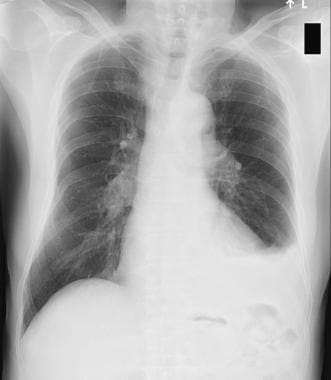How to do a general examination?

Whenever we are examining a patient, we should have several objectives in mind.
1. Making a diagnosis
2. Grade the severity
3. Look for complication
4. Look for etiology
5. Look for associated conditions
6. Look for comorbid conditions
7. Look for drug-related side effects
Remember this golden rule of physical examination.
UNLESS YOU LOOK FOR A SIGN, YOU WILL NEVER SEE IT!
Doing a thorough examination is a daunting task. Do not get depressed after reading this. I’m just trying to stimulate you. For your exam purposes telling 3-4 positives and negatives will be adequate. But, becoming a good clinician is not so easy.
As an example let's see what we should look for in the general examination to find the aetiology (Only the aetiology!) of a pleural effusion. Please do not forget to read the part in red!
1. Acute infection
Fever
Specific signs of some infections
Melioidosis - Arthritis
Atypical pneumonia - Skin rashes like erythemia multiforme
Underlying conditions that predispose to infections
Tattoos, IV drug injection marks - HIV
Dermopathy, necrobiosis, hammertoes, foot ulcers/callosities - Diabetes
Parotic swelling, Dupuytrens contractures - alcoholism
Cushinoid facies, echchymosis - cushings/ steroid use
Features of CKD and CLCD
2. Chronic infections
TB - Lymphadenopathy, Wasting, Positive Mantoux, TB skin lesions like Verrucosa cutis, Lupus vulgaris
Fungal - Features of HIV/DM
3. Primary lung Malignancy
Wasting, clubbing, hypertrophic pulmonary osteoarthropathy, lymphadenopathy, hoarseness of voice, wasting of small muscles of hands due to brachial plexus involvement, nicotine stains, paraneoplastic manifestations, adrenal metastasis - pigmentation
4. Lymphoma - lymphadenopathy, fever
5. Metastatic malignancy - Breast lumps, skin lumps, melanoma, etc.
6. Rheumatological conditions
RA - Joint swelling, deformities, nodules, scleritis (Drugs like methotrexate, given for RA can give rise to effusions as well)
SLE - alopecia, oral ulcers, malar rash, discoid rash
7. Pulmonary embolism - DVT, features of thrombophilic conditions like livedo reticularis
8. Dengue - recovery rash, petechiae
9. Chylothorax - neck/chest surgical scars, features of malignancy
10. Rare conditions - Yellow nail syndrome - Nail changes, lymphedema


Comments
Post a Comment